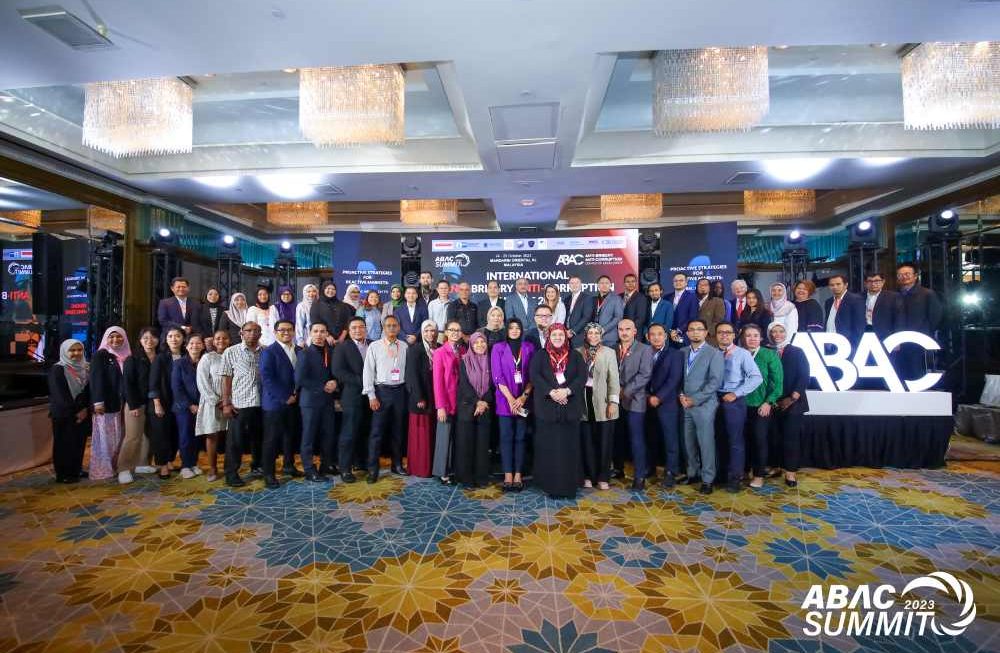The integrity of the global business community is essential for the survival of free markets, economic stability, corporate growth, business profitability and employee well-being. Mergers & Acquisitions alongside other related major corporate transactions are often indicators of expansion and success for organisations. This can be an exciting time, with business growth being one of the inherent goals among most organisations and their leaders. However, despite all the excitement that this can cause, it is also a time to be cautious as there are plenty of risks associated with Mergers & Acquisitions – some are more apparent whilst others may be more hidden. Mergers and acquisitions are a lot more complex than what many business owners think and require additional steps to make sure that they are carried out successfully. At such a critical juncture, conducting thorough, comprehensive due diligence is the key to mitigating those risks, so here is our list of 10 important things every organisation should know before conducting a merger or acquisition:
1. Acquiring an overvalued company
According to a survey conducted by the Financial Executives Research Foundation, sixty per cent of financial professionals say overpaying for deals is the biggest risk facing buyers. An investigation and gathering of business intelligence, including site visits and an expert review of financial information, such as looking at whether financial documentation has been inflated and checking if assets have been overvalued, can help mitigate this risk factor.
2. Behind-the-scenes legal battles
One crucial mistake most organisations make is not considering another entity’s legal entanglements in their growth strategy. Proper due diligence can help uncover legal filings, liabilities and even criminal actions that might not have been disclosed upfront in merger or acquisition negotiations.
3. Companies in foreign jurisdictions might play by different rules
Due diligence can also help you avoid becoming partnered with an organisation that treats bribes, kickbacks and other illegal activity as “business as usual.” Such conduct will affect your organisation in several ways, including causing harm to finances and reputation while also having obvious legal consequences.
4. Cultural differences can cause business problems
International expansion is a key goal among many larger organisations. However, mergers and acquisitions have failed due to cultural clashes among employees. The preparation process should include a compatibility factor that considers cultural and social differences.
5. You might absorb new credit risk
An overextended organisation that has claimed bankruptcy or is faced with debtor filings can become a serious detriment to your business. Comprehensive financial investigations will uncover these financial risks and help you move forward prudently.
6. Transparency is key
The terms of a merger or acquisition should be spelt out and communicated clearly before finalising any deal. Also, anti-bribery and anti-corruption policies should be implemented at this stage to determine any risk factors for the transaction. Background investigations are essential. Discrepancies or misunderstandings can cause discontent among leaders and employees at either party (or both), which can cause the merger or acquisition to fail.
7. Fraud is a risk in mergers and acquisitions
It is imperative to consider is that mergers & acquisitions are prone to fraudsters who have just seen a golden opportunity to commit an illicit activity with a probability of washing their hands clean of the deed. Consider a standard such as the ISO 37001:2016 – a standard typically governed by a certified body but ultimately implemented by the workforce of the organisation itself. The ISO 37001 standard intends to provide a framework against which an organisation’s anti-bribery management can be assessed and certified, rather than a foolproof blueprint to prevent bribery.
8. Database checks are important…
In the hands of the right experts, database checks are an enormous tool for conducting thorough due diligence. Some private services aggregate such records to make it easier to quickly find and review the information needed. These can include local and regional business records, certifications, compliance records, criminal and court records and other documents and data.
9. …But so are “boots on the ground”
Skilled due diligence professionals know how to find data that large services don’t capture. Some records might only be accessible in their local principality. Certain broad results might require a deeper drill-down, including actions such as bankruptcy or civil or criminal cases against an entity. What happened, and how are such cases likely to be resolved? Who are the main actors involved?
10. Conduct background checks.
Transparency in knowing who you are dealing with is key during the due diligence process. The principal players in a merger/acquisition should be vetted to help screen for fraud. Conducting thorough background checks on owners, directors, and CEOs can help uncover criminal records and other important information.
Though there are considerable risks (as outlined above), mergers and acquisitions mean growth and expansion for organisations. When risks are mitigated through proper due diligence and transparency and communication from the basis of the transaction, a merger or acquisition can be a win-win for both parties.
Have you been through a merger or acquisition? What advice would you share with other quality experts? Please email info@ABACgroup.com – we’d love to hear from you. CONTACT US to discuss your anti-bribery, risk and compliance needs.




